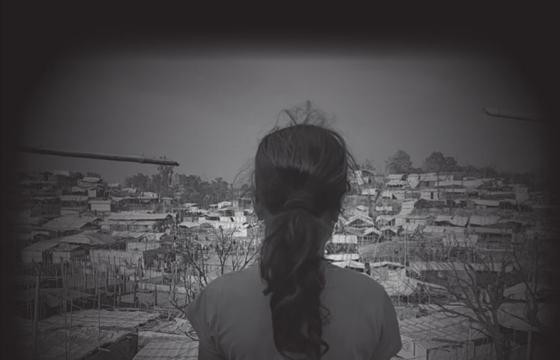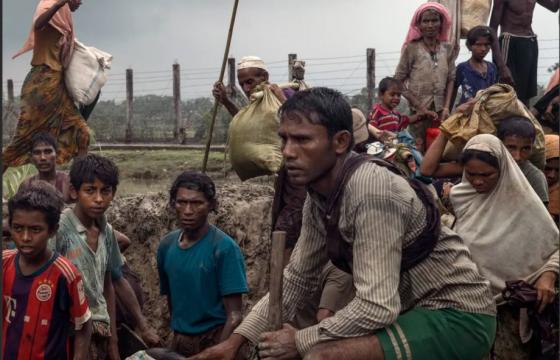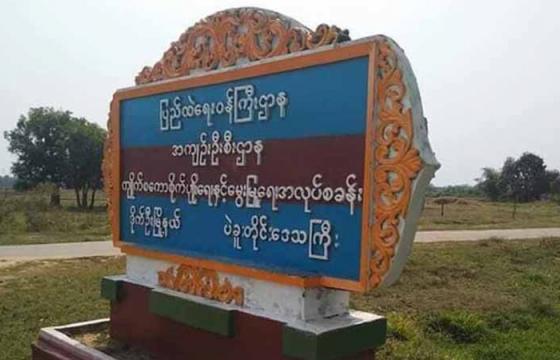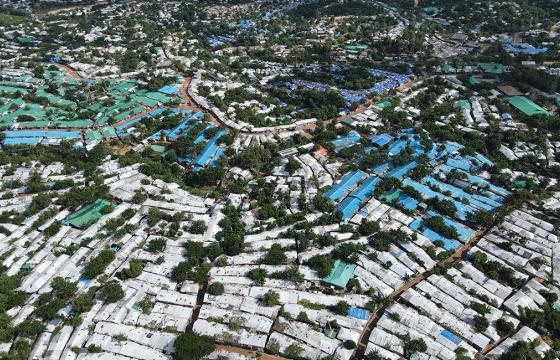Over a dozen journalists are being taken on a heavily criticized and government-supervised media tour of northern Rakhine (Arakan) State. The trip follows a similar junket in December last year which came under fire after some of the interviewees were later murdered, allegedly in retaliatory attacks.
Northern Rakhine State has largely been sealed off from media, outside observers and foreign aid workers since security officials began a “clearance operation” in October. In the wake of the clampdown, over 100,000 Muslim Rohingya fled the area into neighboring Bangladesh, and reported abuses, including mass rapes, murder and arson, which the UN has called possibly indicative of crimes against humanity. The government and Tatmadaw have denied the most egregious accusations, while the UN Human Rights Council recently agreed to support an international probe into the situation.
International actors and the government-appointed Rakhine State Commission led by Kofi Annan have called for the operation area to be immediately opened to journalists so that the dire allegations can be investigated. However, several international outlets have reportedly been denied requests to access the area.
The 18 journalists on the current, Ministry of Information-backed trip include mostly local press agencies – including state media – a handful of Japanese publications, as well as BBC Burmese and VOA Burmese.
The trip began on March 28, with the journalists flown from Yangon to Sittwe. They will then be transported to Maungdaw township before returning on April 1, according to an itinerary published in state media.
The journalists will visit sites destroyed by fire, as well as resettlement areas. Interviews will include returnees who fled the “clearance operation”, according to the Myanmar News Agency.
International journalists and human rights workers have flagged numerous aspects of both the December and current junkets as problematic. A photograph posted online by the Ministry of Information on March 31 shows journalists in Maungdaw interviewing a row of women, pressing them to talk about whether they or anyone they know was raped in front of large crowd which includes government officials.
A trader in northern Maungdaw township, who spoke on condition of anonymity, expressed doubts that the media junket arranged by the government would be able to present a factual picture of the situation on the ground.
This is nothing but an attempt to satisfy the demands of the international community, and gain breathing room form the UN, said a resident of northern Rakhine who goes by “Halim”.
Edited by Laignee Barron







